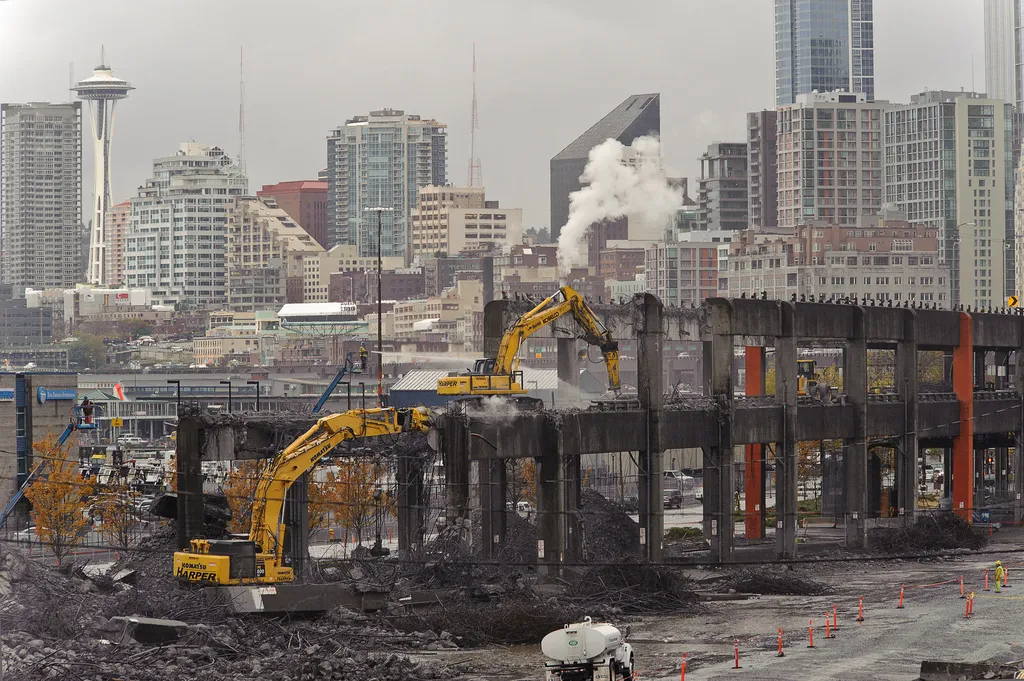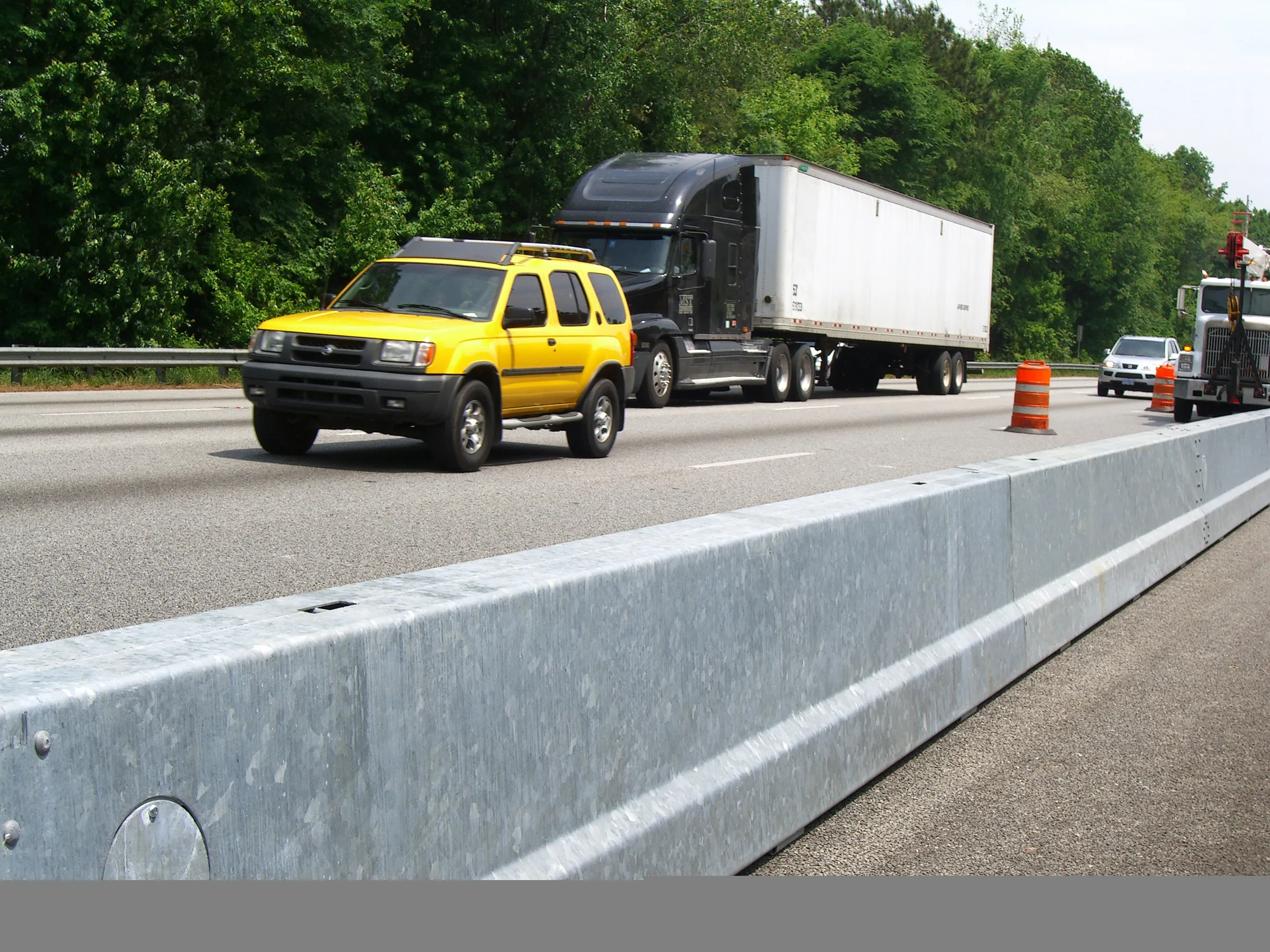Budapest’s iconic Széchenyi Chain Bridge that was opened in 1849 is set for a €73 million upgrade starting this summer, according to Hungarian media.
Work will include revamping of a nearby tunnel in the Hungarian capital with completion set for the end of 2019.
The suspension Chain Bridge spans the River Danube between Buda and Pest and was designed by English engineer William Tierney Clark following an initiative by the Count István Széchenyi. It is a larger scale version of Clark's earlier Marlow B
April 4, 2017
Read time: 2 mins
RSSBudapest’s iconic Széchenyi Chain Bridge that was opened in 1849 is set for a €73 million upgrade starting this summer, according to Hungarian media.
Work will include revamping of a nearby tunnel in the Hungarian capital with completion set for the end of 2019.
The suspension Chain Bridge spans the River Danube between Buda and Pest and was designed by English engineer William Tierney Clark following an initiative by the Count István Széchenyi. It is a larger scale version of Clark's earlier Marlow Bridge, across the River Thames in Marlow, near London. Its 202m centre span was one of the longest in the world when bridge was opened.
It was designed in sections and shipped from the United Kingdom for assemble in Budapest. The two-lane deck is nearly 15m wide and the iron chains on which the road-deck hangs are supported by two 48m river piers in classicist style. The bridge was rebuilt in the late 1940s after being blown up by the retreating German army in early 1945.
Work will include revamping of a nearby tunnel in the Hungarian capital with completion set for the end of 2019.
The suspension Chain Bridge spans the River Danube between Buda and Pest and was designed by English engineer William Tierney Clark following an initiative by the Count István Széchenyi. It is a larger scale version of Clark's earlier Marlow Bridge, across the River Thames in Marlow, near London. Its 202m centre span was one of the longest in the world when bridge was opened.
It was designed in sections and shipped from the United Kingdom for assemble in Budapest. The two-lane deck is nearly 15m wide and the iron chains on which the road-deck hangs are supported by two 48m river piers in classicist style. The bridge was rebuilt in the late 1940s after being blown up by the retreating German army in early 1945.







